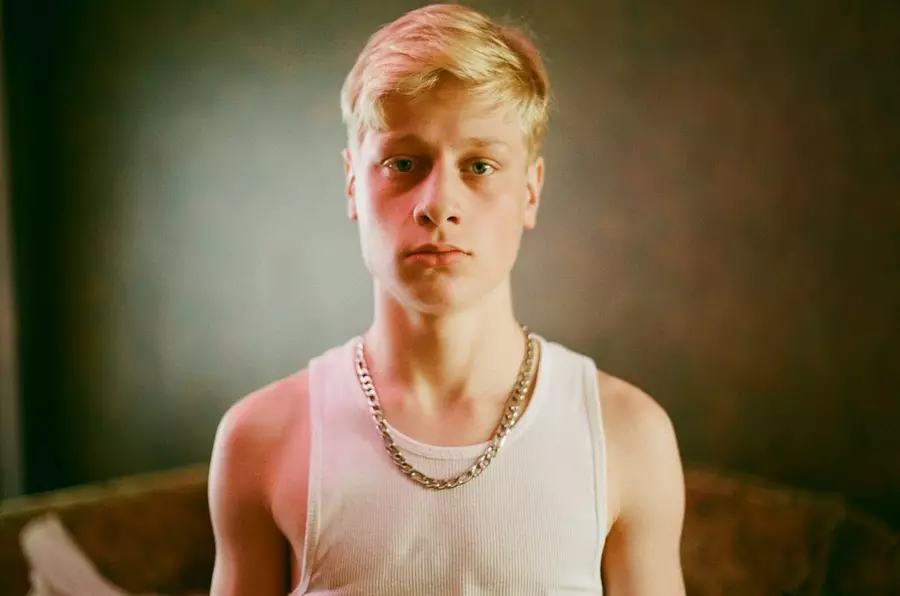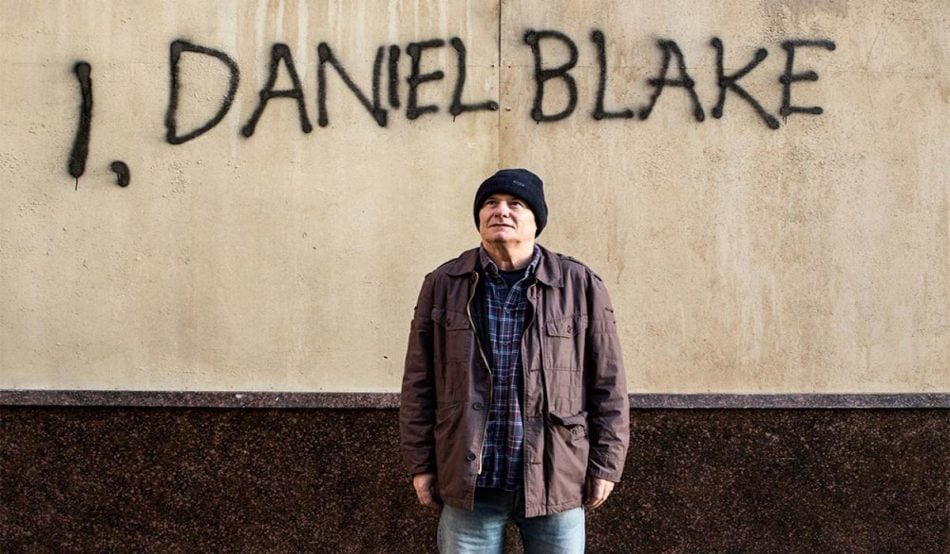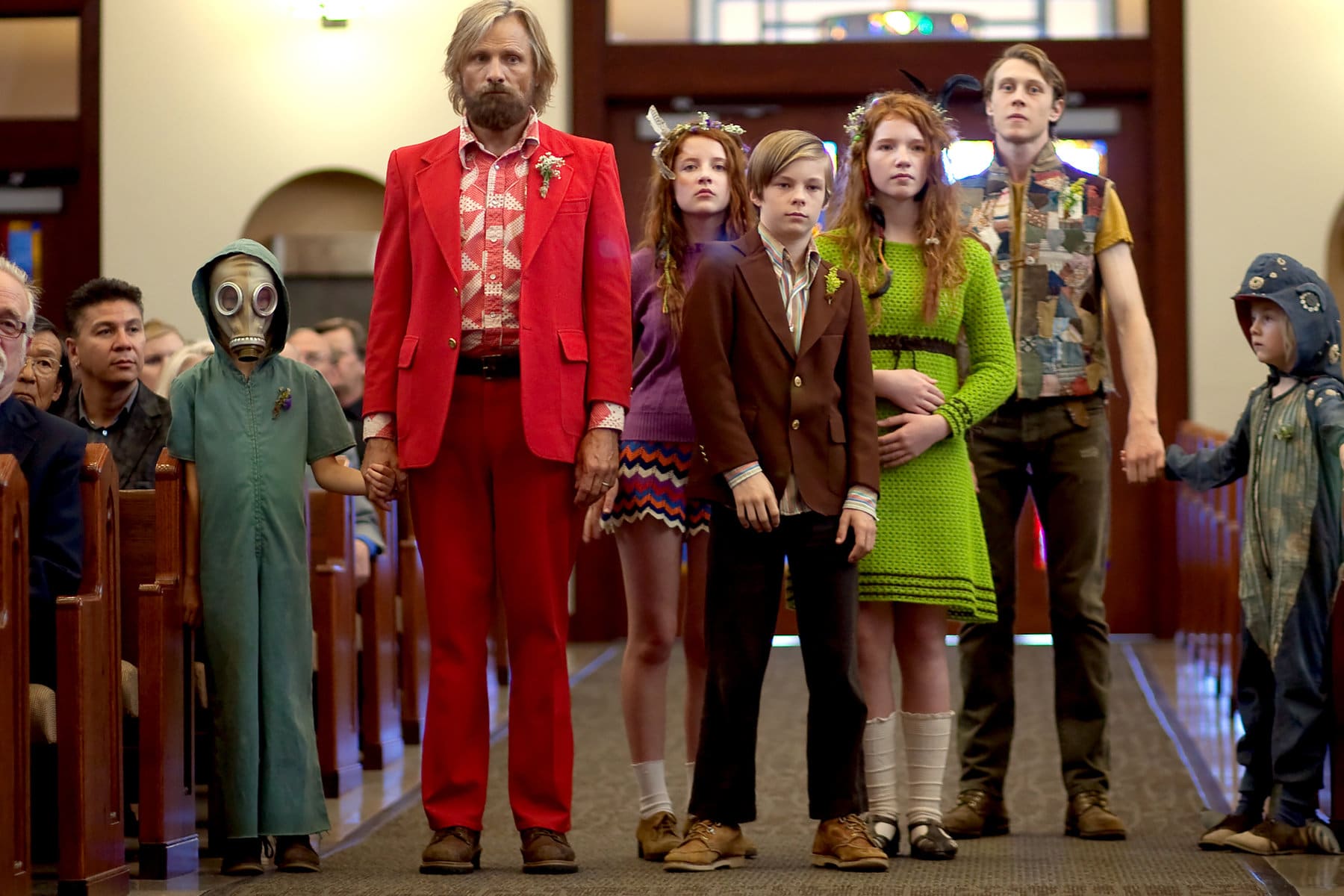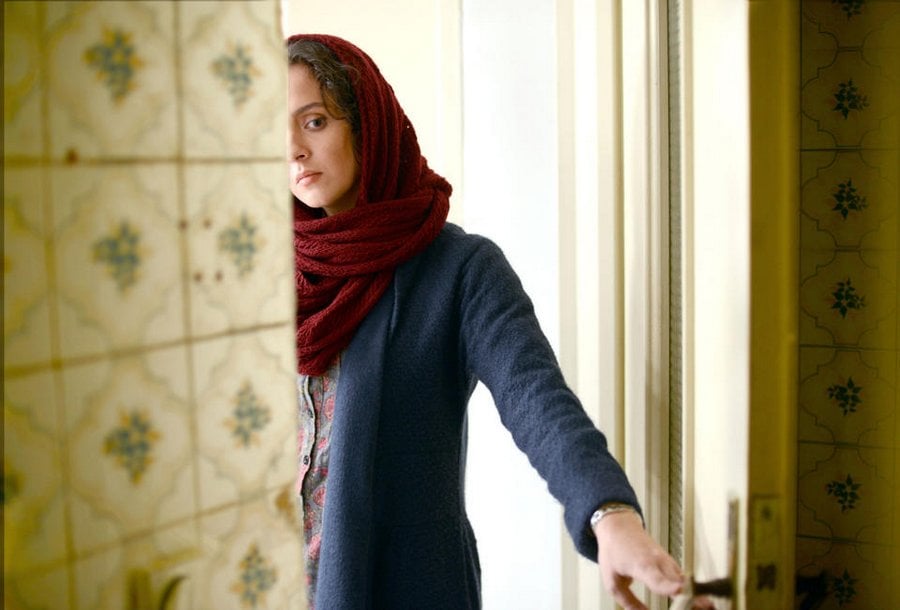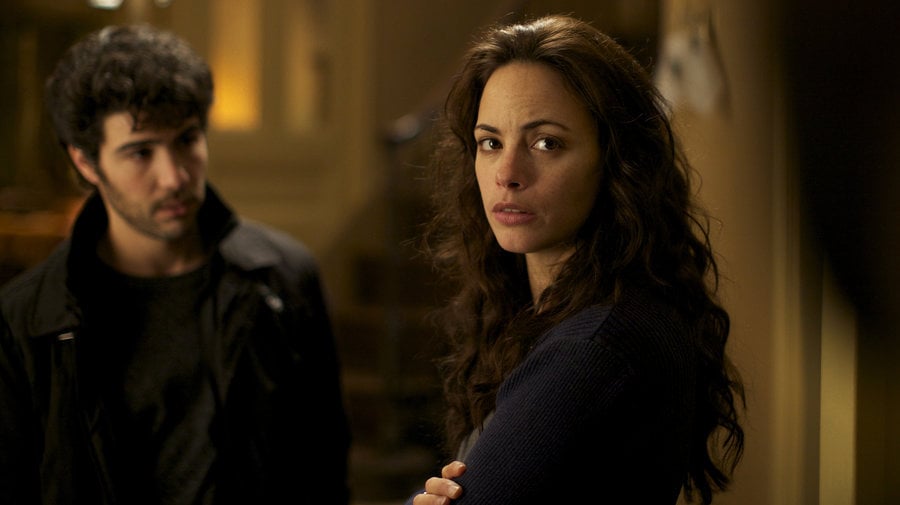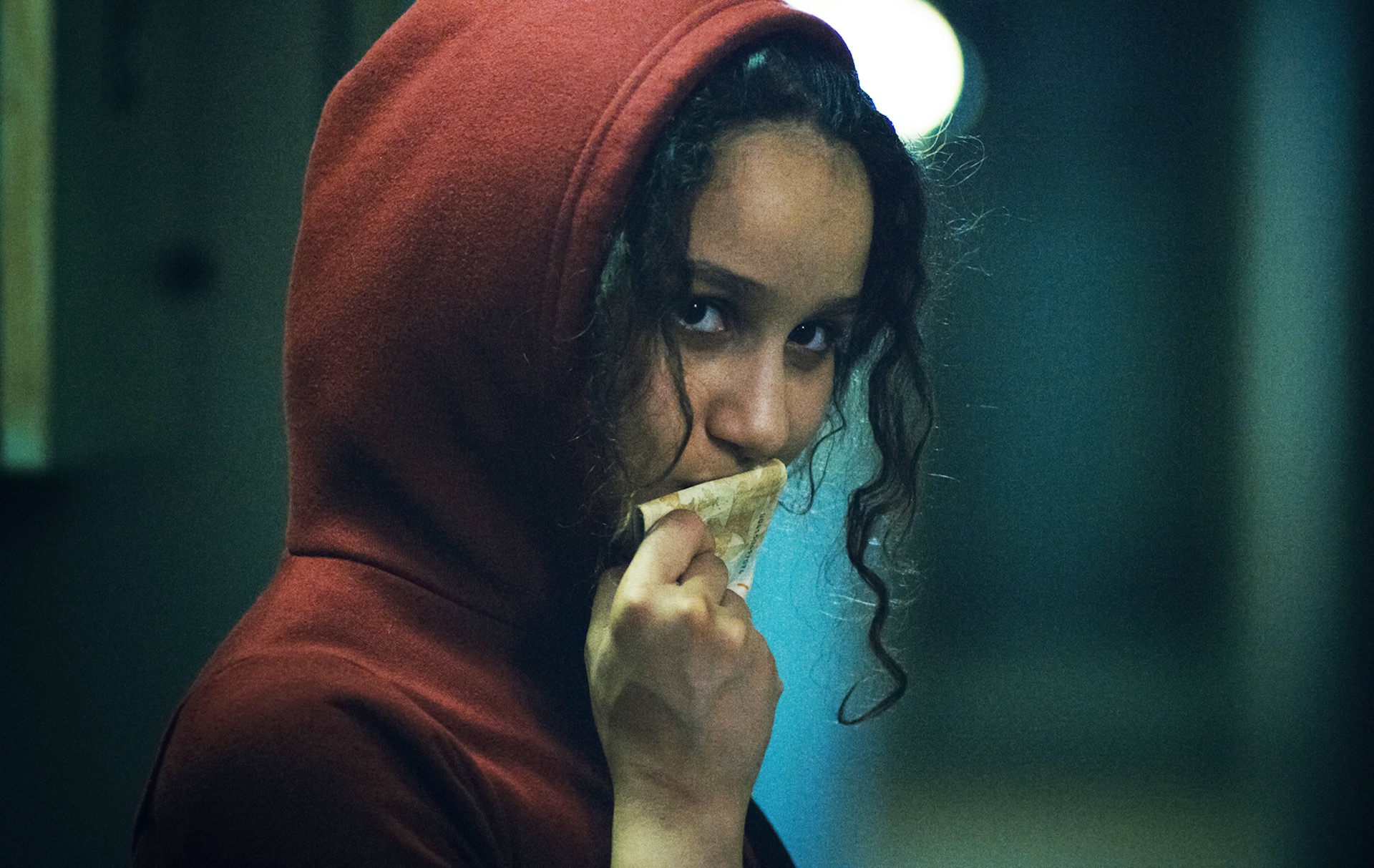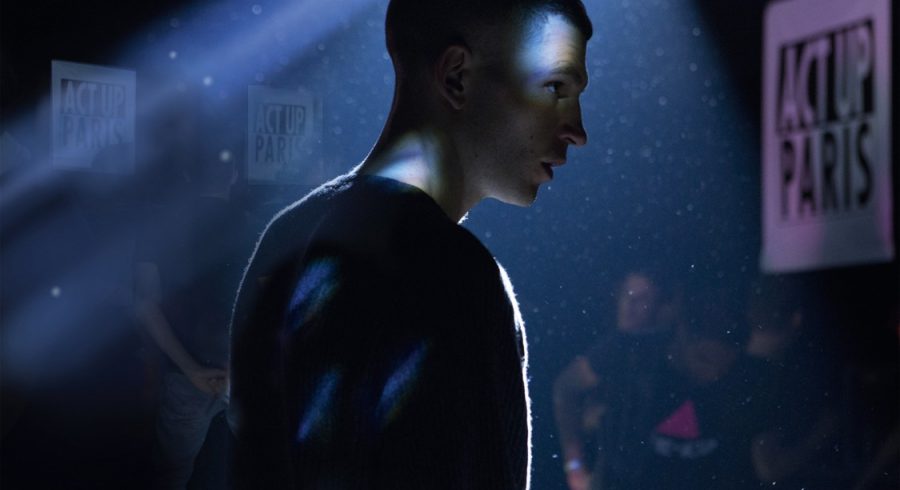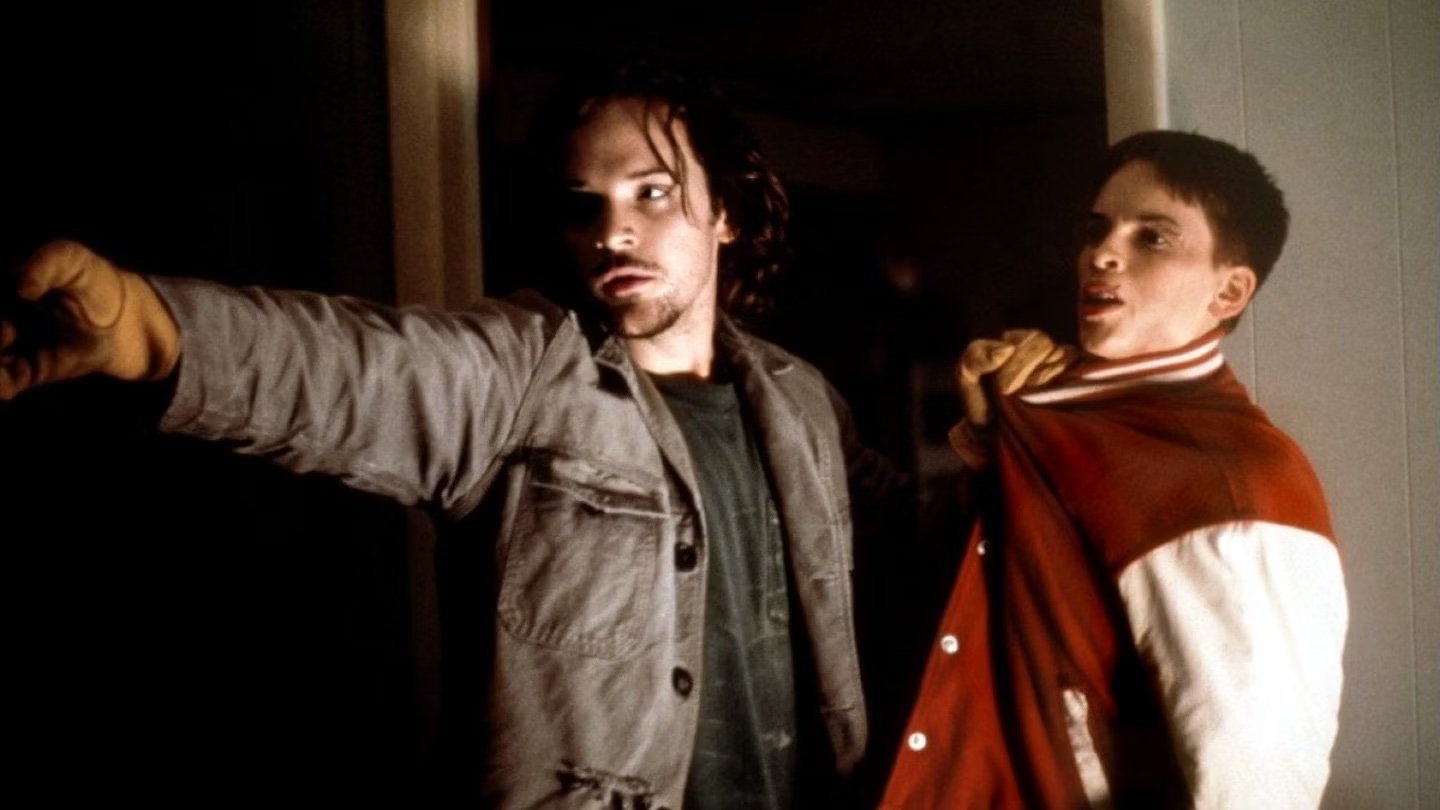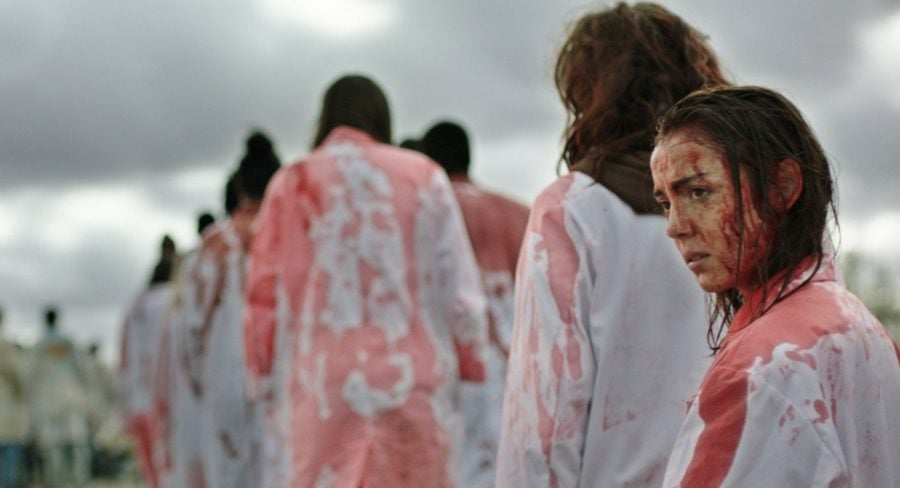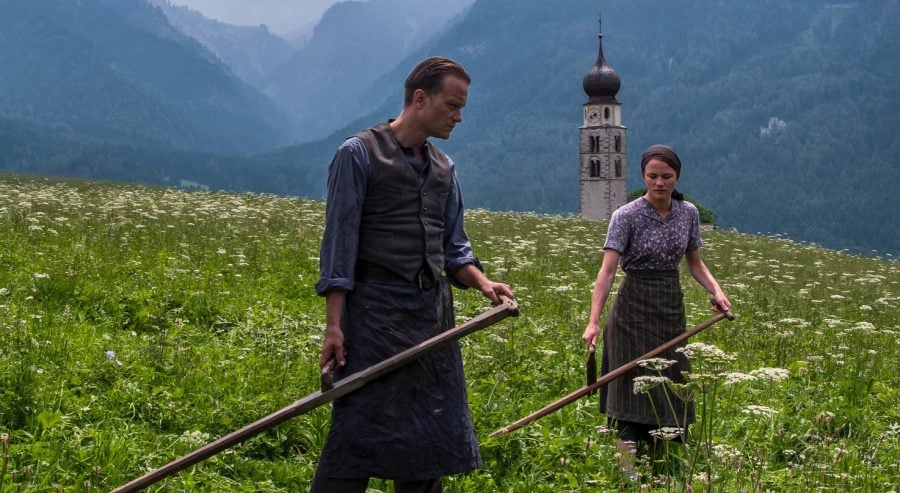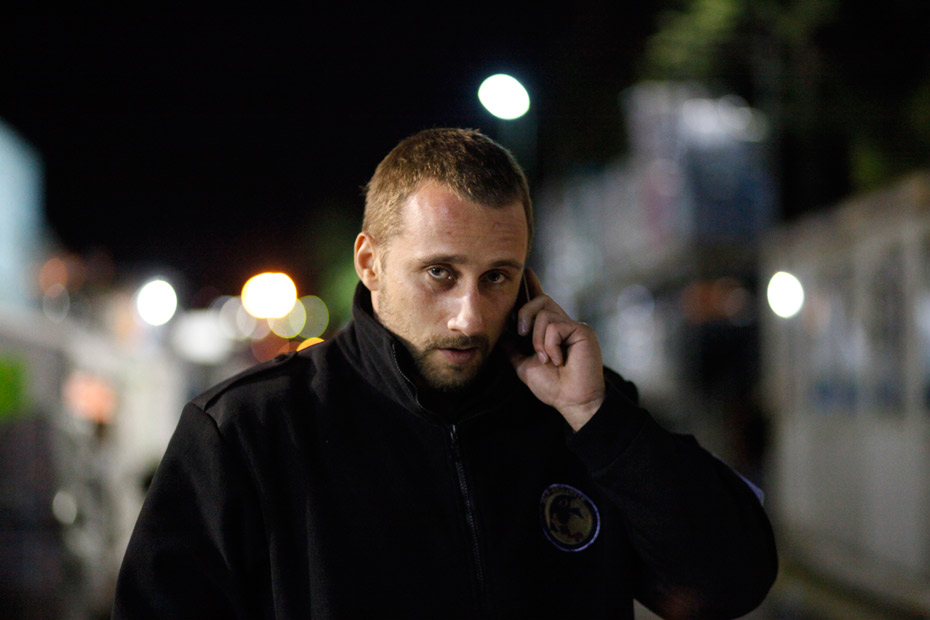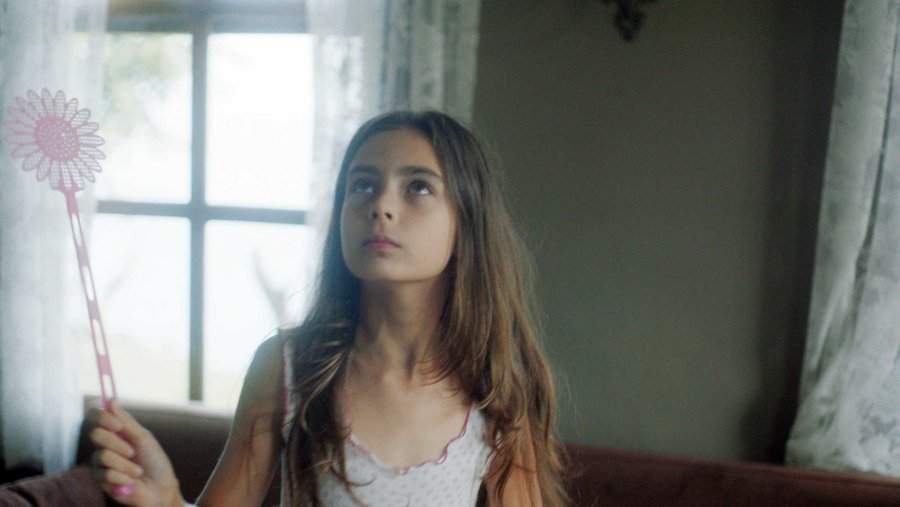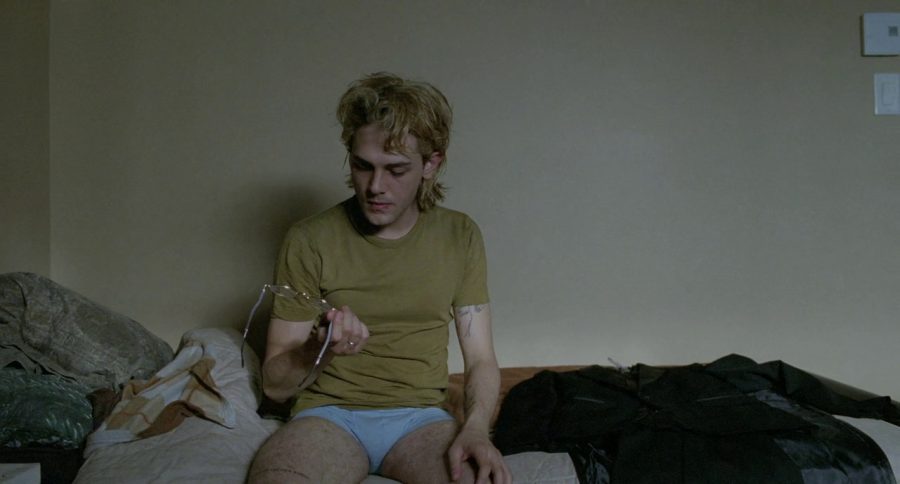Aptly named ‘Rupert Grint on speed’ by one critic, Antoine-Olivier Pilon plays Steve, an abusive ADHD adolescent who just got out of a juvenile care facility for setting fire to the school cafeteria and injuring a fellow student. Similarly, his mother Diane, played by Anne Dorval, is a type of Lorelai Gilmore on speed – and to say that sparks fly when they clash is an understatement. But help comes from unexpected places: ‘Die’ makes friends with Kyla, an anxious teacher living across the street, who then gets sucked into this crazy, volcanic mess.
Mommy is the fifth feature film by French-Canadian don’t-call-him-a-hipster director Xavier Dolan and won the Cannes Jury Prize for its originality. It is shot in the 1:1 ‘portrait’ format, but every now and then a moment of exhilaration will crack open the frame. The brutality on screen is sugar-coated by an all-over-the-place soundtrack that includes the Counting Crows, Celine Dion, and Blue (Da Ba Dee) by Eiffel 65.
Shrill, violent, and demented, this out-of-control dark comedy will punch you in the guts. But it also aims straight for the heart and doesn't miss. Prepare to be continually torn between laughing out loud, clawing your seat, and covering your mouth in shock.
Genre: Drama
Actor: Alexandre Goyette, Anne Dorval, Antoine-Olivier Pilon, Catherine Brunet, Danielle Lepine, Dominic Desnoyers, Guenièvre Sandré, Guillaume Laurin, Huguette Gervais, Isabeau Blanche, Isabelle Nélisse, Jean-Philippe Baril-Guérard, Jeanne Roux-Coté, Johanne Garneau, Julie De Lafrenière, Justin Laramée, Mathieu Dufresne, Michèle Lituac, Michael Rudder, Michele Lituac, Natalie Hamel-Roy, Nathalie Hamel-Roy, Patrick Huard, Pierre-François Bouffard, Pierre-Yves Cardinal, Reda Guerinik, Rosalie Fortier, Sabrina Bisson, Stéphane Julien, Steven Chevrin, Suzanne Clément, Suzanne Clément, Sylvie Lemay, Ted Pluviose, Vincent Fafard, Viviane Pacal
Director: Xavier Dolan

